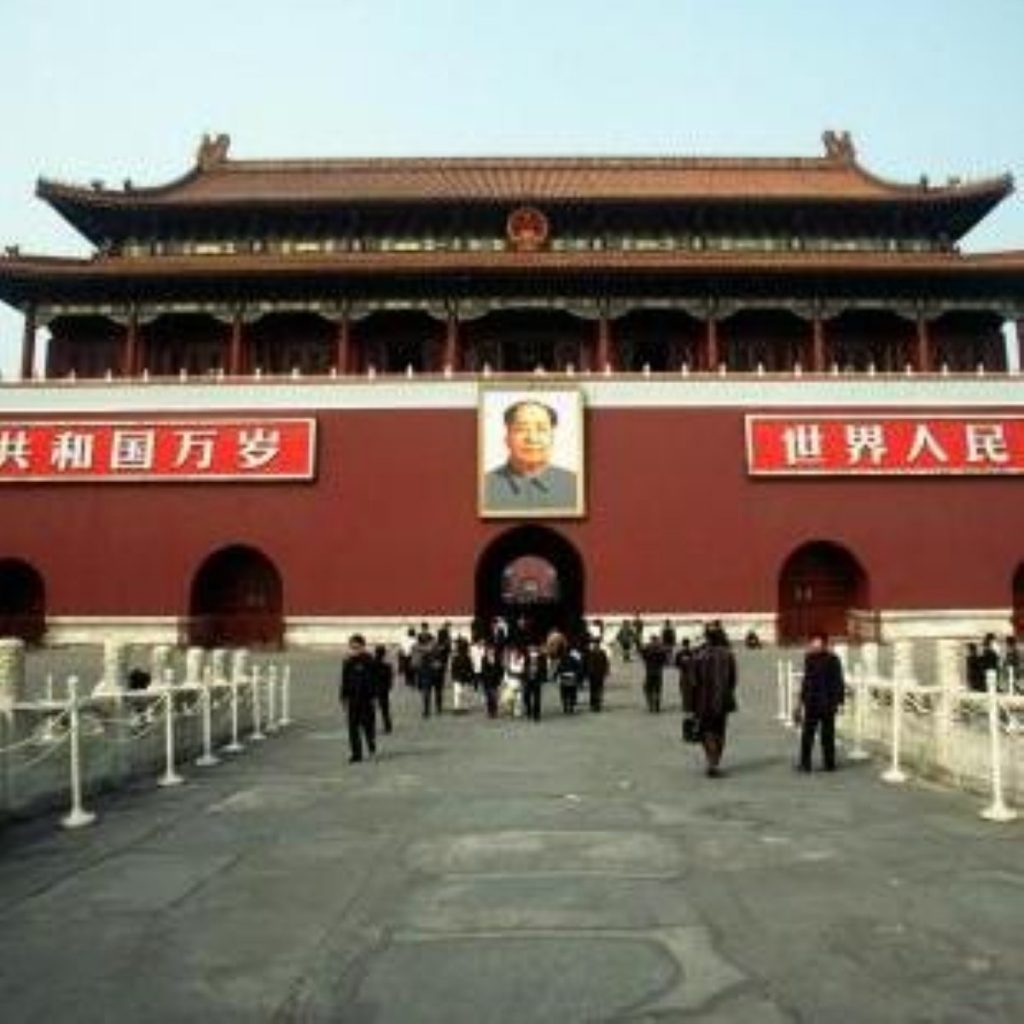Interview: The Tiananmen Square protest organiser
Shao Jiang, one of the organisers of the Tiananmen Square demonstration and a now a London-based human rights activist, talks to politics.co.uk about Sino-UK relations, personal freedom, and what it’s like to be imprisoned in China.
When did you become active politically?
When I was studying in university in Beijing. We wanted to fight for human rights in 1986, during my studies. We organised public debates, meeting, and then finally it happened – a very big protest around the country. This is the 1989 pro-democracy movement. We wanted democracy, human rights, and separation of power. Finally, the movement suffered a crackdown by the government. One thousand people were killed, 10,000 people were arrested just in Beijing. Many of them are still in jail now after 20 years.
Did you get caught in the crackdown?


I was arrested and put in jail for 18 months. Once I got outside, I contacted some to help them fight for rights. I sent an open letter to the Communist party calling for more rights, so I was arrested again. Between 1995 and 1997 I was put under house arrest. I tried to escape from mainland China in 1997. I settled down in Sweden and lived there for five years. I moved to London in 2003.
What was it like being in detention in China
A lot of people suffered torture in the detention centres. I was tortured in a different way. When you put 160 people, for example, in a 45x45m room with temperatures between 35C and 37C, that’s a form of torture. There’s no water. You feel very bad, you feel pain. When you’re questioned for 18 hours every day, sometimes you lose consciousness. You feel pressure and you feel terrible. The police don’t allow you to move. That’s a form of torture.
How are you protesting against this weekend’s visit by premier Wen?
The Amnesty group in Cambridge want me to do a public speech about how grassroots the democracy movement is in China. I want to talk about how people in mainland China want to fight for freedom and human rights. But the government cracks down on these movements when they’re very small.
How do you think Gordon Brown should approach his relationship with China while premier Wen is in the UK?
If you think democracy and human rights are the most important human value, you must be true to them. I think Gordon Brown should be very clear on this and make an explicit remark to the Chinese government. When Brown talks with the premier, he must not only put forward his economic interests; that’s very dangerous. Remember your history, when you fought with Nazi Germany. You know this history. History is not far away from us. In China, this year is a turning point. Where China is going isn’t just important for people in China, but also for peace and democracy around the world. Without democracy and human rights, there will be only economic development and the Communist party. Party tyranny will remain. It’s not good for the Chinese, but it’s not good for the world either. This is a turning point, not just for China, but for the whole world.
Interview conducted by Ian Dunt












